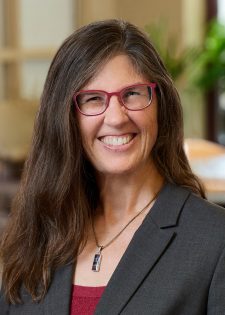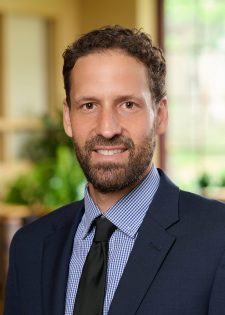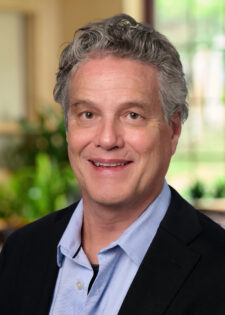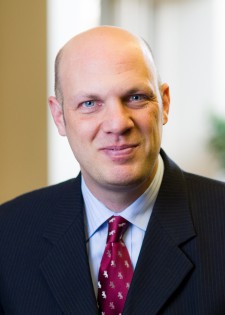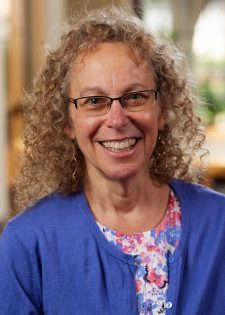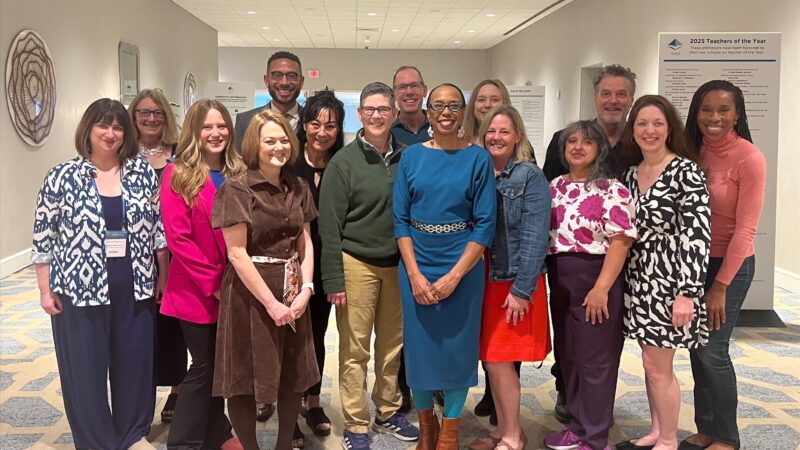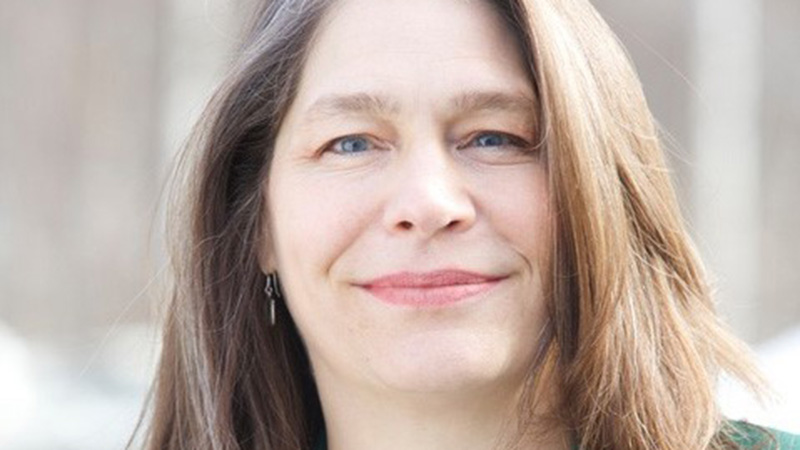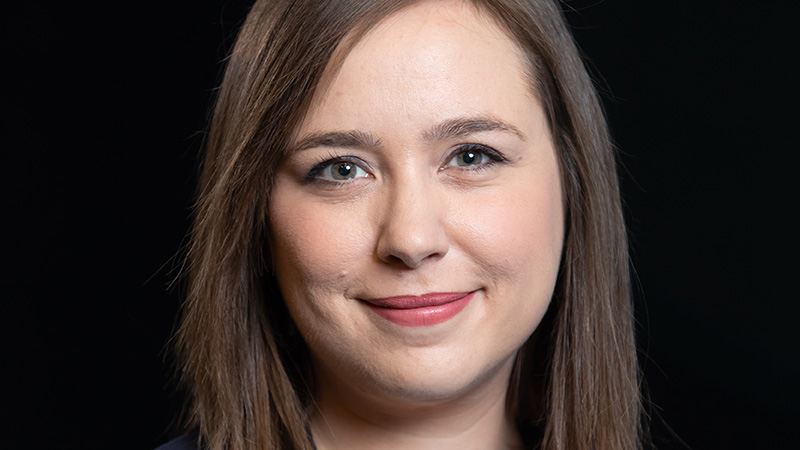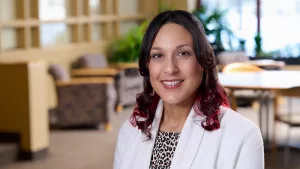
Assistant Teaching Professor Alisha Watkins ’20
Alisha Watkins ’20 is always looking for ways the child protection system can better reflect the reality of families’ situations.
While laws and practices are designed to consider biological parents in a situation, Watkins says relatives and other kin who could be called upon to care for youth in emergency situations often struggle to learn their rights.
“There’s a common theme we see of people saying they would have taken their loved one’s child but for the fact they had no money for an attorney or knowledge of the system,” said Watkins. “One of the things I’m focused on is getting other kin that information.”
Which is why Watkins, an assistant teaching professor at Mitchell Hamline’s Institute to Transform Child Protection, helped create the first event earlier this spring focused on helping people who are kin navigate the process. Another event is planned for October.
The work is born of Watkins’ own days being labeled an “ungovernable” youth, weaving in and out of the juvenile justice and child protection systems.
Born and raised in Washington, D.C., and Atlanta by a single parent, Watkins knew from a young age she wanted to impact children’s lives. She was drawn to the television character of Claire Huxtable, a Black attorney and mother “who taught her children not to live by society’s stereotypes,” according to Watkins. “That was important to me as a little girl struggling with my own biracial identity and needing to see people that I identified with doing the thing I believed was my calling.”
She was also informed by her first interactions with the child protection system at age eight. And Watkins became a mother at a young age, which further guided her towards the work. “If I’d had resources, if I’d had access,” she pondered. “If my family had what we needed or someone paying attention to what’s going on, could that have changed the trajectory?” Fear of exposing her family’s situation and the potential consequences that could follow prevented Watkins from seeking help outside her immediate circle.
“People who have difficult life circumstances need help. It’s not that they don’t have the ability to be a good parent or that the child is bad, they just need assistance.”
As a young mother, married to a military spouse, Watkins’ family moved around. She worked as a paralegal and put off law school for several years to raise her children, but she turned the focus back on that goal after her divorce. “Mitchell Hamline was the only one that allowed for a hybrid experience,” said Watkins. “I had children and a career as a paralegal, and the flexible enrollment option was the best option so I wouldn’t have to move and start over.”
As a law student in 2017, enrolled during the first years of what is now Mitchell Hamline’s blended-learning enrollment option, Watkins became the first hybrid/EJD representative for the Black Law Students Association. She graduated in the third cohort of blended-learning students.
As it happens, Watkins was also attending school at the same time her two children were attending undergraduate and culinary school.
After working at a firm where she’d clerked during law school for two years, Watkins joined Mitchell Hamline in late 2022. She was the first former blended-learning student to be hired as a full-time assistant teaching professor.
Watkins co-teaches the Child Protection Clinic, where students work with faculty to represent parents and relatives in real-world child protection matters. “Along with our community engagement coordinator, part of my role is to ramp up events to teach people about kinship relatives,” said Watkins. “Parents know how to find us but not a lot of relatives have counsel or know where to find counsel.”
“They have a right to be represented, and it’s gratifying work to help them find it.”
Mitchell Hamline faculty
The latest from Faculty in the News
Nonprofit Quarterly February 11, 2026
KAXE February 11, 2026
Star Tribune February 12, 2026
The latest faculty publications
Psychological Medicine. 2026;56:e16 January 14, 2026
The American Journal of Bioethics, 26(1), 41–43 January 14, 2026
Book February 1, 2026
The latest faculty headlines
Mitchell Hamline faculty showcase expertise at 2026 AALS Annual Meeting
From left: Miriam Itzkowitz, Laura Reilly ’94, Natalie Netzel ’15, Tressa Ries, Jared Mollenkof, Kaori Kenmotsu ’22, Carolyn Grose, Anthony Niedwiecki, Camille Davidson, Eleanor Frisch, Lynn LeMoine ’11, Hetal Dalal, Brad Colbert ’85, Leanne Fuith ’10, …
Mitchell Hamline welcomes Jessica West to faculty
Assistant Professor of Law Jessica West Joining the Mitchell Hamline faculty as an assistant professor of law, Jessica West combines a passion for student success with her experience as a practitioner to help law students build the skills they need for …
Eleanor Frisch joins legal writing faculty
Assistant Professor of Law Eleanor Frisch Having a strong sense of justice and being skilled at argumentation are what first led Eleanor Frisch (they/she) to a career in law, but it is a much deeper passion that has turned her now to teaching—a love fo …

